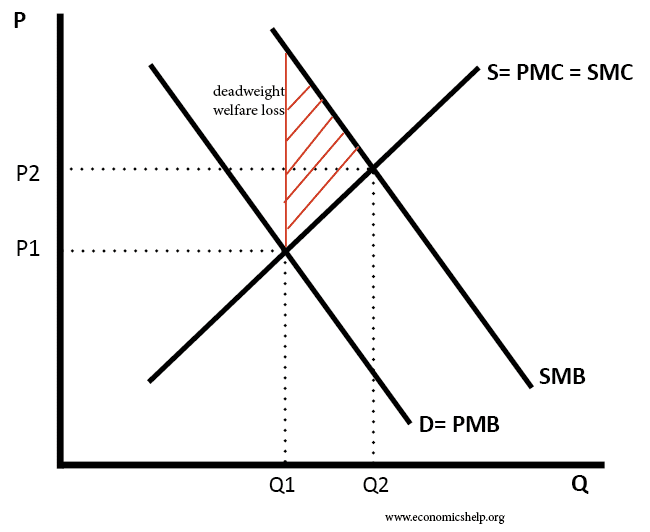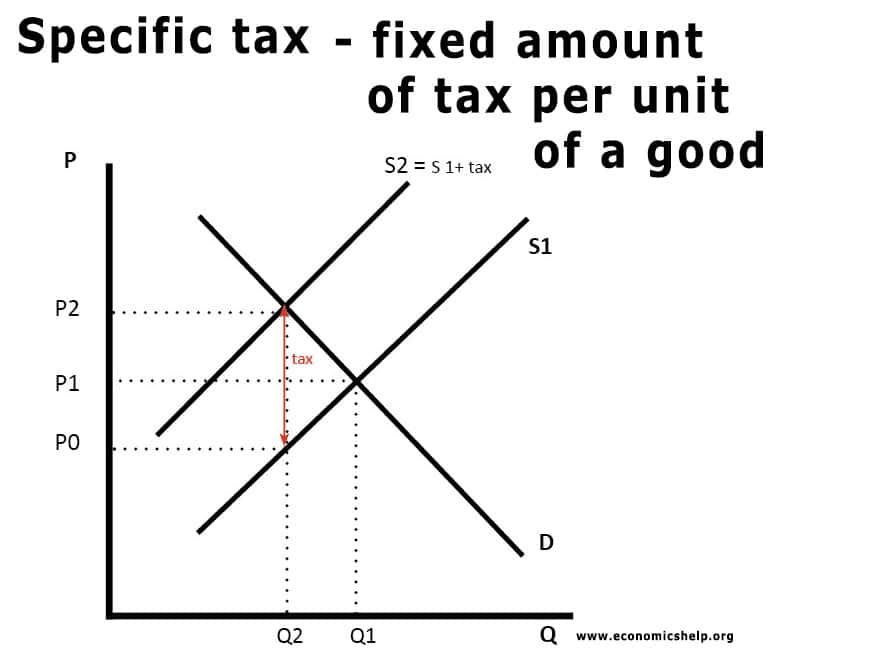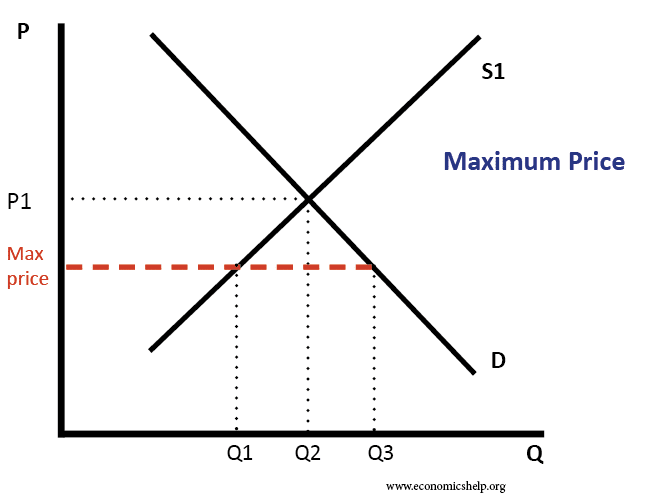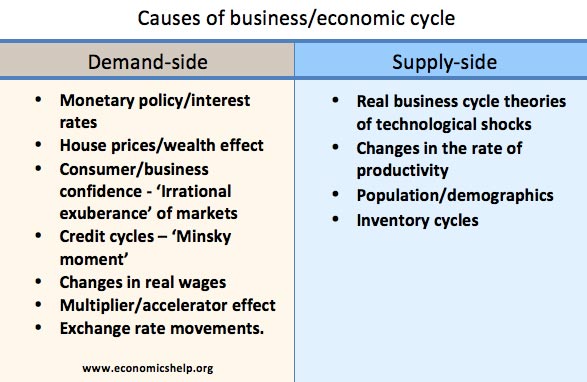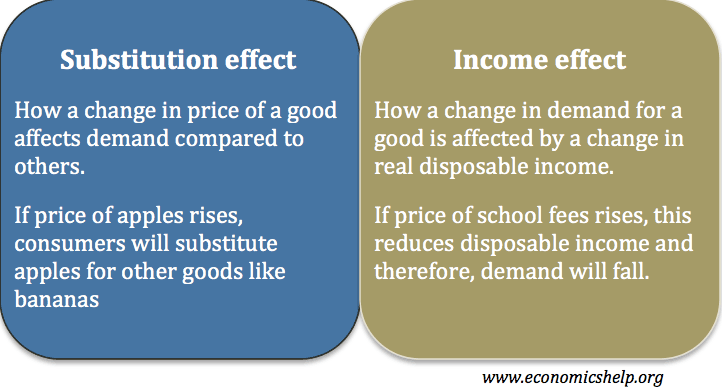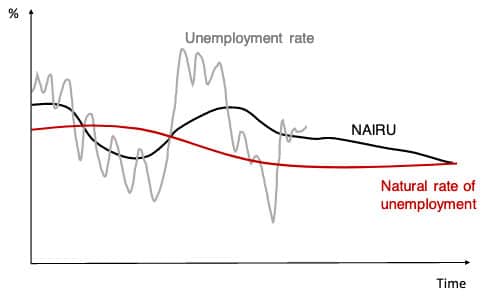Monopoly
Definition of Monopoly A pure monopoly is defined as a single seller of a product, i.e. 100% of market share. In the UK a firm is said to have monopoly power if it has more than 25% of the market share. For example, Tesco @30% market share or Google 90% of search engine traffic. Monopoly …

